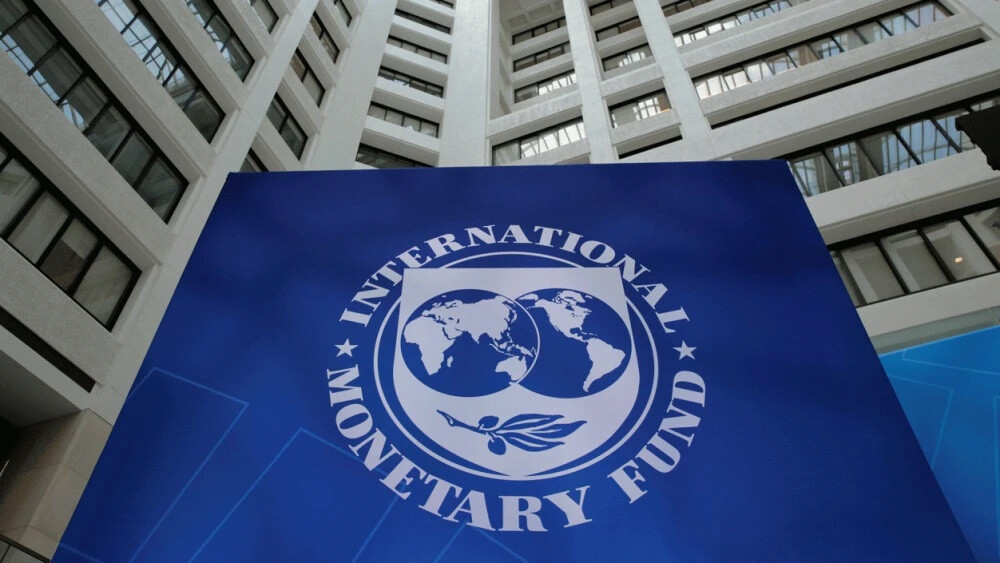
WASHINGTON, D.C. – The International Monetary Fund (IMF) announced on June 27 (local time) the completion of its fifth review of the Policy Coordination Agreement (ICP) and the third review of the Resilience and Sustainability Facility (RSF) Agreement for Paraguay.
This completion allows Paraguay to access a total of $285 million, of which the Paraguayan authorities have requested to withdraw $195 million. The IMF assessed Paraguay's economy as remaining strong due to "robust domestic drivers" and emphasized that the implementation of both programs has been "very satisfactory."
The IMF's Executive Board highly praised the Paraguayan authorities' "prudent macroeconomic policies and strong commitment to advancing structural reforms." These efforts are expected to improve the prospects for long-term sustainable and inclusive growth.
Robust Economic Performance and Positive Outlook
Nigel Chalk, Deputy Managing Director and Acting Chair of the Executive Board at the IMF, noted Paraguay's outstanding economic performance, stating that "the outlook is favorable, and growth is expected to remain robust." However, he acknowledged that the economy could be affected by "elevated global risks and adverse weather events."
According to the IMF's announcement, Paraguay's Gross Domestic Product (GDP) growth rate was 4.2% in 2024. This was attributed to "dynamic private consumption and robust fixed capital formation," which offset "negative net exports." The IMF also projected that economic activity maintained "strong momentum" in early 2024 and is expected to record a 3.8% growth rate by year-end. This growth is primarily due to the recovery of the agricultural sector, particularly increased soybean production and strong meat exports. Paraguay is the world's fourth-largest soybean exporter and a major meat producer, with these industries being key drivers of economic growth.
Efforts to Strengthen Fiscal Soundness and Structural Reforms
Mr. Chalk emphasized the Paraguayan authorities' "firm stance" in pursuing their fiscal consolidation plan. The goal of this plan is to reduce the fiscal deficit to 1.5% of GDP by 2026, which will be achieved through increased tax revenues and improved efficiency of public expenditure.
The Paraguayan government continues its efforts to broaden the tax base and reduce tax evasion, while also implementing reforms to enhance public sector transparency and efficiency. These fiscal soundness efforts are expected to strengthen the nation's debt sustainability and increase its resilience to future economic shocks.
The IMF commended Paraguay for successfully maintaining macroeconomic stability and controlling inflation. The Central Bank of Paraguay (BCP) has set an inflation target of 2%-6% and has enhanced economic predictability through stable price management in recent years. This has also had a positive impact on the investment environment.
Importance of the RSF and Future Outlook
The Resilience and Sustainability Facility (RSF) is an IMF support program that provides long-term financing to countries undertaking reforms to reduce future external balance risks related to climate change and pandemic preparedness. Given Paraguay's agriculture-based economy, which is vulnerable to climate change, the RSF is expected to provide crucial financial support for climate change adaptation and mitigation efforts. This can be used for adopting sustainable agricultural technologies, developing renewable energy, and strengthening natural disaster preparedness systems.
The IMF's completion of this review and approval of financial support signifies international recognition of Paraguay's economic policies and reform efforts. This sends a positive signal to international investors regarding the stability and growth potential of Paraguay's economy, while also empowering the government to further advance its reforms.
Paraguay maintains a relatively stable macroeconomic environment in the Latin American region, and this IMF support will contribute to solidifying this trend. The Paraguayan government is expected to further strengthen the foundation for sustainable economic growth through structural reforms and fiscal consolidation.
[Copyright (c) Global Economic Times. All Rights Reserved.]




























